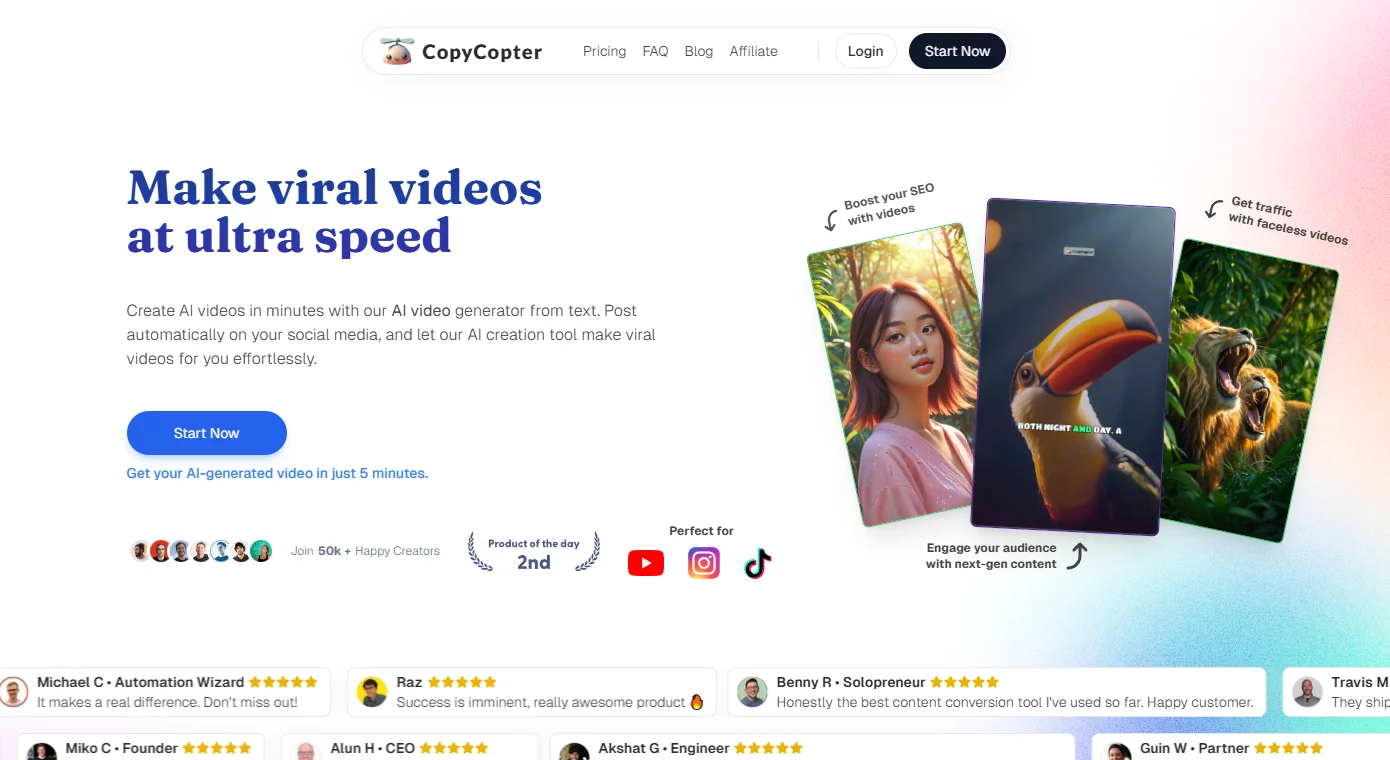Recently, there has been significant progress in the field of open-source AI, especially with Meta's Llama model family, which has seen a rapid increase in popularity. According to Meta's mid-year update, the adoption rate of this series of models has reached a new high since the release of the large-scale Llama 3.1 model last month.
Statistics show that Meta's Llama model has been downloaded nearly 350 million times on the Hugging Face platform, a growth of over ten times compared to the same period last year. This growth is not only reflected on the Hugging Face platform but also extends to a wider range of domains through its distribution partners, attracting large enterprises including Zoom, Spotify, Infosys, AT&T, and Goldman Sachs for various internal and external applications.
Meta's decision to adopt an open-source strategy, rather than a closed-source one, has allowed it to quickly catch up with the generative AI wave led by OpenAI. Since the release of Llama 2 in July last year, the Llama model series has gradually gained market recognition and experienced a surge in downloads. In particular, the release of Llama 3.1 has further fueled this trend, with over 20 million downloads on the Hugging Face platform in that month alone.
Multiple companies are utilizing Meta's Llama models for development and applications through Meta's cloud and infrastructure partner network, including AWS, Microsoft Azure, Google Cloud, etc. Although Meta has not disclosed specific usage data from each partner, it has confirmed that the monthly usage of the Llama model (calculated based on input and output tokens) has increased tenfold from January to July this year in certain large cloud service providers.
The rise of open-source AI poses a challenge to closed-source AI providers. The adoption of Meta's Llama models by multiple leading enterprises indicates that the advantages of open-source AI in terms of performance and long-term cost-effectiveness are gradually becoming apparent. This trend has prompted closed-source AI companies, including OpenAI, to accelerate their innovation pace and reduce model usage costs.
It is worth noting that OpenAI has already lowered the prices of its existing models, such as GPT-4o, in response to the challenge posed by open-source AI. However, in terms of product innovation, OpenAI's progress seems to be relatively slow, with several cutting-edge AI products announced by the company, such as Sora and SearchGPT, either yet to be released or only available to a limited number of users.








